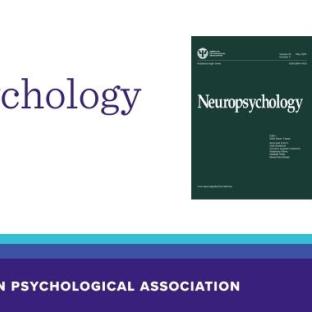On 16 October, an international team of researchers published an article on the relationship between cognitive domains and everyday functioning in Alzheimer’s disease (AD) in the Neuropsychology journal. The study investigated how specific cognitive abilities contribute to challenges in daily activities among people with AD. Using data from 613 participants in the Amsterdam Dementia Cohort with biomarker-confirmed AD across different disease stages (subjective cognitive decline, mild cognitive impairment and dementia) the researchers examined associations between cognitive test results and functional ability. Cognitive performance was assessed through a standard neu-ropsychological test battery and grouped into four domains using exploratory factor analysis.
These domains were then analysed with structural equation modelling to determine their relationship with everyday functioning, measured via the Amsterdam Instrumental Activities of Daily Living Questionnaire (A-IADL-Q). Results showed that lower performance in memory and visual attention, mental flexibility and visuoconstruction was associated with more difficulties in everyday functioning. In contrast, working memory, shifting, fluency and inhibition and naming did not show significant relationships. These findings suggest that specific cognitive impairments, rather than global cognitive decline, may drive functional challenges in daily life. The authors conclude that understanding which cognitive domains impact daily functioning can inform more personalised care approaches and guide intervention strategies for people with AD and their carers. Longitudinal studies are recommend-ed to clarify how changes in cognition and function influence one another over time. The article has been published open access and can be read here: https://dx.doi.org/10.1037/neu0001038
